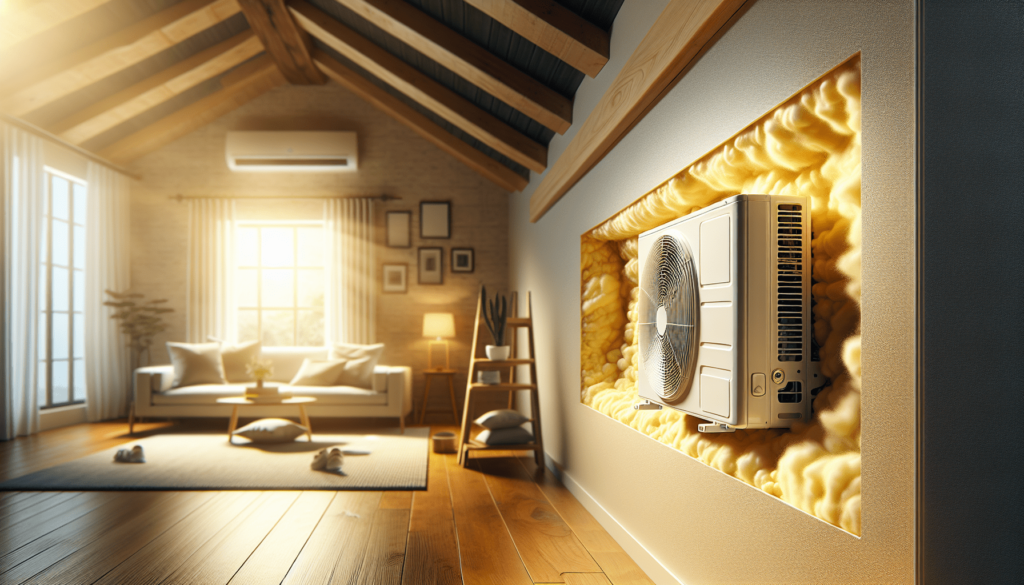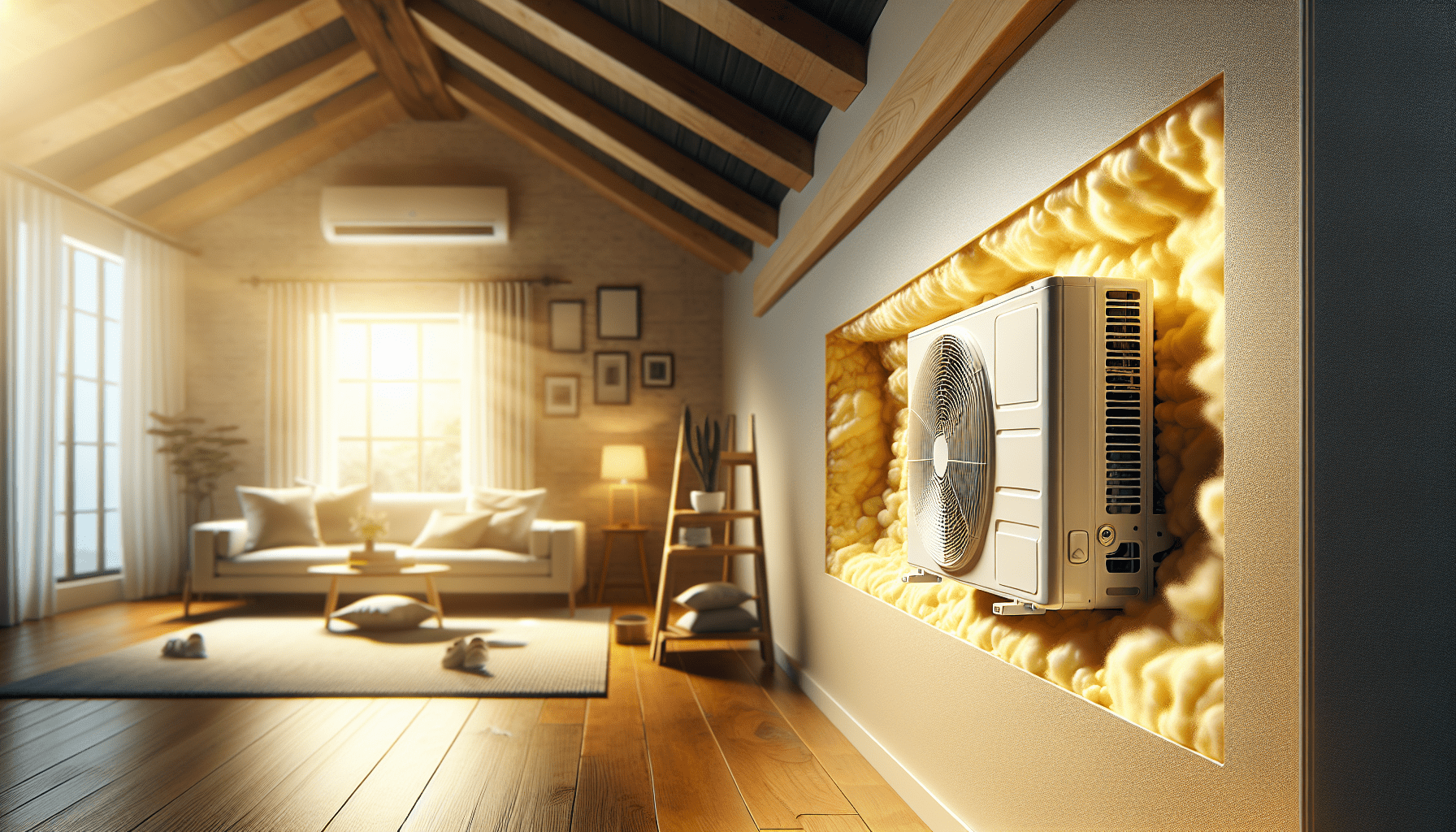Welcome to an informative article that highlights the importance of proper insulation for maximizing the efficiency of your mini split system. By ensuring that your home is well insulated, you can significantly reduce heat loss or gain, allowing your mini split to operate more effectively and efficiently. Proper insulation not only helps maintain a comfortable indoor temperature, but it also helps save energy and reduce utility costs. Let’s explore how proper insulation can make a significant impact on the performance of your mini split system. You’re probably wondering why is proper insulation so crucial for the efficiency of your mini-split system. Well, allow me to explain.

This image is property of pixabay.com.
What is a Mini Split System?
A mini split system, also known as a ductless heat pump, is a heating and cooling system that allows you to control the temperature of individual rooms or zones within your home. It consists of an outdoor unit and one or more indoor units, connected by refrigerant lines.
Imagine being able to set different temperatures in each room of your house, ensuring everyone’s comfort level. That’s the beauty of a mini split system.
How Does Proper Insulation Impact Mini Split Efficiency?
Now, let’s dive into why proper insulation is crucial for the efficiency of your mini-split system.
When your home is properly insulated, it helps to create a barrier that prevents the exchange of hot and cold air between the inside and outside of your home. This means that your mini-split system doesn’t have to work as hard to maintain the desired temperature, ultimately saving you money on your energy bills.
Proper insulation also helps to reduce the workload on your mini-split system, extending its lifespan and reducing the likelihood of breakdowns or expensive repairs. In other words, proper insulation is a win-win for both your comfort and your wallet.
Table 1: Benefits of Proper Insulation for Mini Split Efficiency
| Benefits | Explanation |
|---|---|
| Lower Energy Bills | Proper insulation helps to maintain a consistent temperature, reducing the need for your mini-split system to run constantly. |
| Extended Lifespan of Mini Split System | By reducing the workload on your mini-split system, proper insulation can prolong its lifespan and prevent premature breakdowns. |
| Improved Comfort and Air Quality | Proper insulation ensures that your home stays at a comfortable temperature, with fewer drafts and air leaks, leading to improved indoor air quality. |
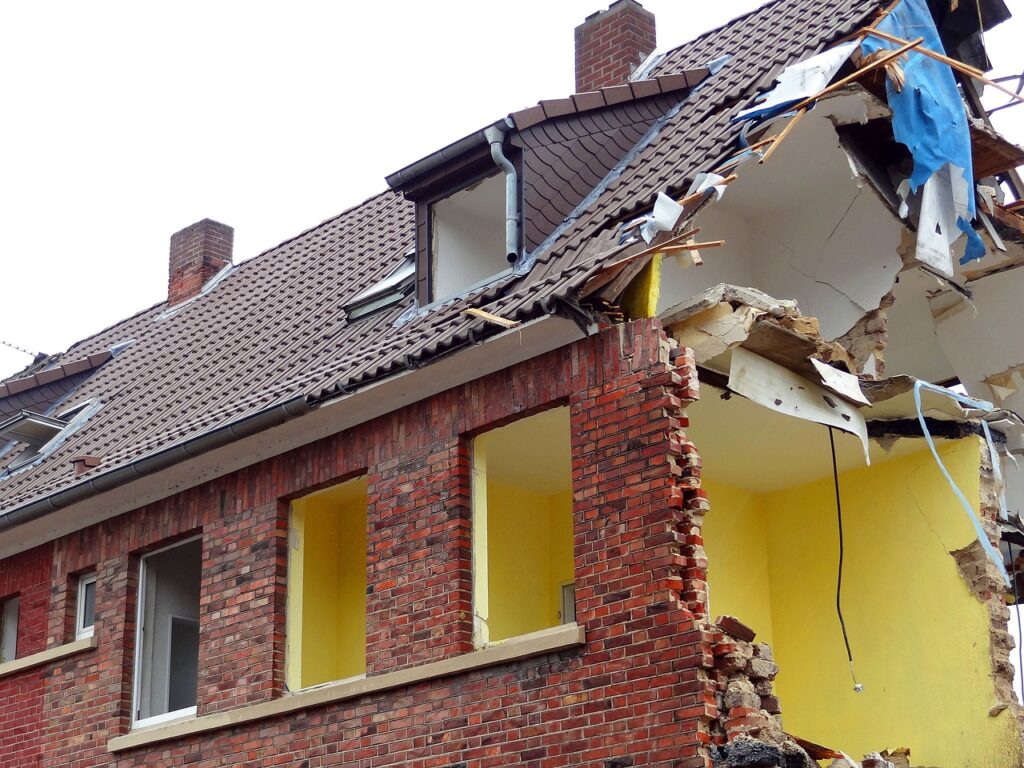
This image is property of pixabay.com.
Types of Insulation Materials
There are several types of insulation materials available, each with its own pros and cons. Let’s take a look at some of the most common types of insulation materials used in homes today.
Fiberglass Insulation
Fiberglass insulation is one of the most popular types of insulation due to its affordability and ease of installation. It comes in batts or rolls and is made of fine glass fibers. Fiberglass insulation is effective at reducing heat transfer and is resistant to mold and mildew.
Foam Board Insulation
Foam board insulation is made of polystyrene or polyurethane and comes in rigid panels. It is an excellent choice for insulating basements, walls, and roofs. Foam board insulation is durable, moisture-resistant, and offers a high R-value, making it an efficient insulating material.
Cellulose Insulation
Cellulose insulation is made of recycled paper products treated with fire-retardant chemicals. It is blown or sprayed into walls, attics, and other spaces to create a dense barrier against heat transfer. Cellulose insulation is eco-friendly, cost-effective, and offers excellent soundproofing properties.
Spray Foam Insulation
Spray foam insulation is a versatile insulating material that expands upon application to fill gaps and crevices. It creates an airtight seal that prevents air leaks and drafts. Spray foam insulation is highly efficient, but it can be more expensive than other types of insulation.
Table 2: Comparison of Insulation Materials
| Insulation Material | Pros | Cons |
|---|---|---|
| Fiberglass Insulation | – Affordable – Easy to install – Resistant to mold and mildew | – Can be itchy to handle – Not as effective at sealing air leaks |
| Foam Board Insulation | – Durable – Moisture-resistant – Offers high R-value | – Can be more expensive than other types of insulation – Rigid panels may be difficult to install in tight spaces |
| Cellulose Insulation | – Eco-friendly – Cost-effective – Offers soundproofing properties | – Requires special equipment for installation – May settle over time, reducing effectiveness |
| Spray Foam Insulation | – Expands to fill gaps and crevices – Creates an airtight seal – Highly efficient | – More expensive than other types of insulation – Can off-gas harmful chemicals during installation – Requires professional installation for best results |
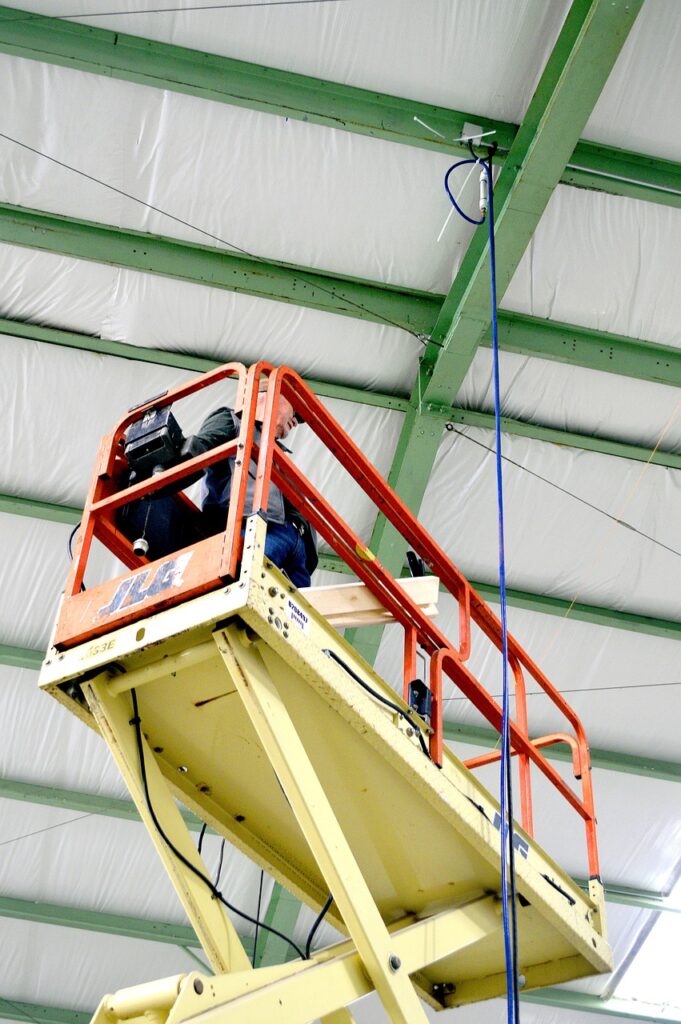
This image is property of pixabay.com.
Insulating Your Home for Mini Split Efficiency
Now that you understand the importance of proper insulation and the different types of insulation materials available, let’s talk about how to insulate your home for maximum mini-split efficiency.
Insulate the Attic
The attic is one of the most significant areas of heat loss in a home. By insulating your attic, you can prevent hot air from escaping in the winter and cold air from seeping in during the summer. Consider adding a layer of fiberglass or cellulose insulation in the attic to improve energy efficiency.
Seal Air Leaks
Air leaks around windows, doors, and electrical outlets can significantly impact the efficiency of your mini-split system. Use weatherstripping, caulking, or foam sealant to seal gaps and cracks, preventing air infiltration and heat loss. By reducing air leaks, you can enhance the performance of your mini split system and lower your energy bills.
Insulate Walls
Insulating exterior walls can help maintain a consistent temperature inside your home and reduce the workload on your mini-split system. Consider adding foam board insulation or blown-in cellulose insulation to the walls to create a thermal barrier that prevents heat transfer. Properly insulated walls can contribute to significant energy savings and improved comfort.
Insulate Floors
Insulating floors above unheated spaces, such as crawl spaces or garages, can help prevent heat loss and reduce energy consumption. Consider installing fiberglass batts or rigid foam board insulation under the floor to create a thermal barrier that keeps the cold air out and the warm air in. Insulating floors can improve the overall energy efficiency of your home and enhance the performance of your mini-split system.
Table 3: Tips for Insulating Your Home for Mini Split Efficiency
| Insulation Tips | Description |
|---|---|
| Insulate the Attic | Adding insulation to the attic can help prevent heat loss and improve energy efficiency. Consider using fiberglass or cellulose insulation for maximum effectiveness. |
| Seal Air Leaks | Sealing air leaks around windows, doors, and electrical outlets can reduce air infiltration and enhance the performance of your mini-split system. Use weatherstripping, caulking, or foam sealant to seal gaps and cracks. |
| Insulate Walls | Insulating exterior walls can create a thermal barrier that prevents heat transfer and reduces the workload on your mini-split system. Consider adding foam board insulation or blown-in cellulose insulation to the walls for improved energy efficiency. |
| Insulate Floors | Installing insulation under floors above unheated spaces can help maintain a consistent temperature inside your home. Consider using fiberglass batts or rigid foam board insulation to create a thermal barrier that keeps cold air out and warm air in. |
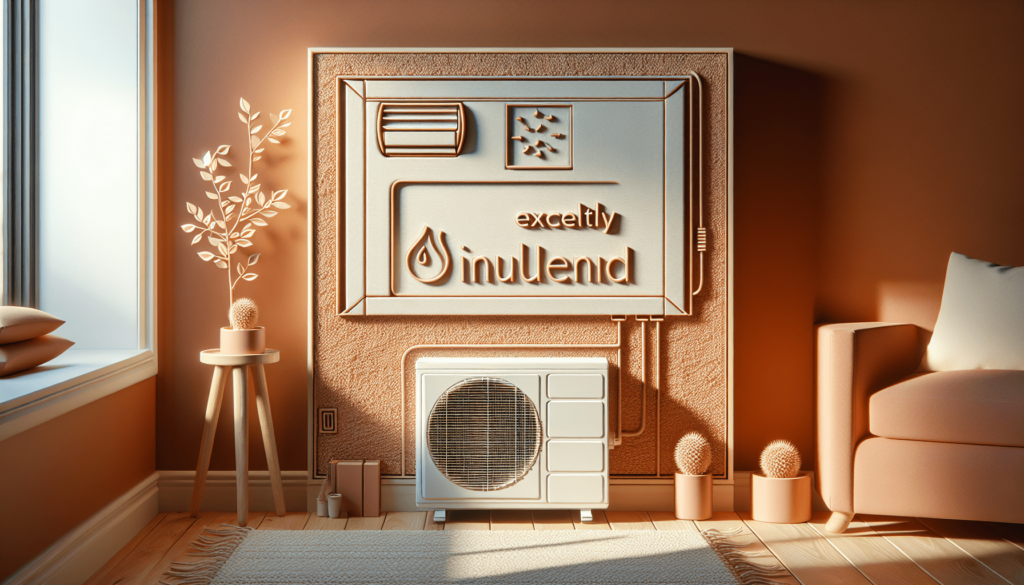
Conclusion
In conclusion, proper insulation is essential for maximizing the efficiency of your mini-split system. By insulating your home, you can create a thermal barrier that prevents heat transfer, reduces energy consumption, and improves the overall performance of your heating and cooling system. Consider the different types of insulation materials available and follow the tips outlined in this article to insulate your home effectively. Remember, a well-insulated home is a comfortable home with lower energy bills. So, take the time to properly insulate your home and enjoy the benefits of improved mini-split efficiency.
